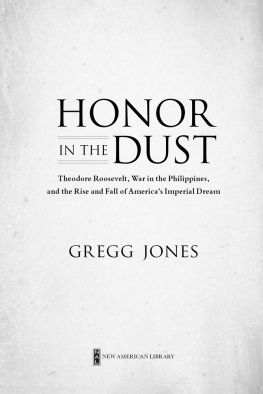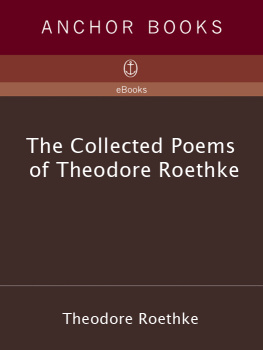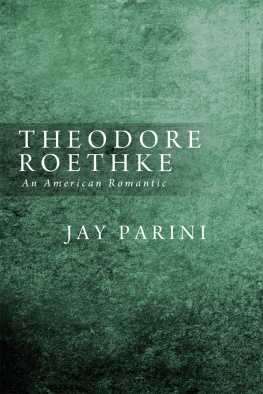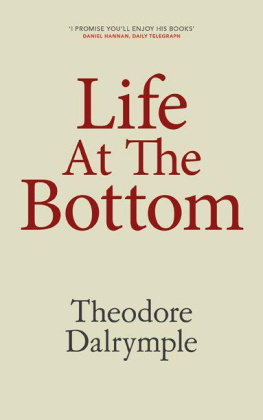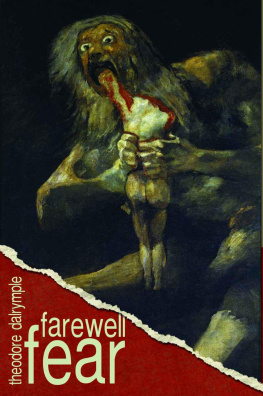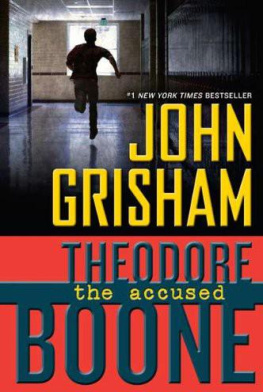
In memoriam
John Herbert Adams
Except when quoting directly from a source, I have used the spelling Paleologus rather than one of its many variants as this is how it appears on my subjects memorial. However, I call him Theodore rather than Theodoro because the longer he lived in England, the more frequently this spelling appeared in official records. Similarly, I call his youngest son Ferdinand instead of Ferdinando.
I have kept to the original spelling and punctuation of quoted documents where this gives a flavour of the period without the risk of tiring or puzzling the reader with chunks of archaic language, otherwise I have opted for a modernised form of words.
For the crucial period covered in these pages England lagged behind Europe by observing the Julian calendar rather than the Gregorian, so the English year ran from 25 March instead of 1 January. A document of the affected months would be dated, for example, February 1689/90. Except when quoting directly from such a document, I have adjusted dates to the modern style, in this case February 1690.
I am most grateful to the Society of Authors and the Authors Foundation for the generous award of the Elizabeth Longford grant which made possible research in Italy and Barbados. A grant from the Cornwall-based Q Committee, trustees of the Sir Arthur Quiller-Couch Memorial Fund, helped to fund further researches in England. I must also thank Piers Brendon for his encouragement when few seemed to see the point of a biography of an obscure figure like Paleologus.
Among many distinguished academics who were generous with their time and advice I should mention especially Judith Herrin, Professor of Late Antique and Byzantine Studies at Kings College, London; Robin Law, Professor of African History, University of Stirling; and Professor Jane Stevenson, who combines her educational role at the University of Aberdeen with a successful career as a historical novelist and who kindly tracked down the source of the statement that Ferdinand Paleologus was the inspiration of Magic Realism. Christopher Rowe was an insightful reader of an early draft of sections of this book, and he and Nigel Coulton assisted with the translation of difficult passages of early legal Latin. Two of the countrys leading authorities on early handwriting, Dr David Iredale and John Barrett, most generously analysed the handwriting of Theodore Paleologus, and Chris Scott was similarly unstinting in examining the likely circumstances of the death of Theodore II. These and others with specialised knowledge, sometimes of extremely obscure subjects, were unfailingly helpful.
I thank His Eminence Archbishop Gregorios, Father Gregory-Palamas Carpenter, and the Revd Philip Lamb for their patient assistance with many queries. I thank a luminary of the Church Monuments Society, Dr Julian Litten, for his unrivalled knowledge of seventeenth-century burial customs it has rightly been said he is the best man in England to take you down into a vault and I am grateful for his informative comments. Andrew Barrett, historian of Landulph, was a fount of knowledge on the church and parish. The Alabaster Society proved a mine of information on the town of Hadleigh and the Balls family, and I offer special thanks to Laraine Hake and Dr Tony Springall for their generous assistance in searching town records for evidence of the Balls family. John Carras of the Anglo-Hellenic League was most helpful in researching records in Greece.
In Barbados, the collections of the Shilstone Memorial Library proved crucial to my research and I was fortunate to have the assistance of Joan Brathwaite, archivist, and Miguel Pena, the museums researcher. At St Johns Church, Angelina Lovell-Johnson was a helpful guide. To Paul Foster, historian of Barbados, serendipitously encountered at the graveside of Ferdinand Paleologus, I am greatly indebted for sharing his encyclopaedic knowledge of the island past and present.
In Italy, the archives of the Oliveriani Library in Pesaro were of central importance and I thank Dr Marcello Di Bella, library director, and his staff, especially Maria Grazia Alberini, for their assistance in identifying documents relating to the Paleologi. Monica Russo was my admirable translator of Italian.
In the United States, I sincerely thank Mr Victor Paleologus for his rewarding and illuminating correspondence composed under the most trying personal circumstances. I always opened his meticulously handwritten letters with keen anticipation. Thanks are also due to Chief Stubbs and Lieutenant Salerno of the Santa Monica Police Department and to Jean Guccione of the Los Angeles District Attorneys Office.
My thanks also to Dr Christine Faunch, head of Heritage Collections at Exeter University; Angela Broome, librarian archivist at the Courtney Library, Royal Institution of Cornwall; Claire Larkin of the Alumni Office, Oxford University; Steve Edwards of the Foundation for Medieval Genealogy; Sue Kauffman of the Liverpool Record Office; Christine Reynolds, assistant keeper of muniments at Westminster Abbey Library; Enid Davies, assistant archivist at St Georges Chapel, Windsor Castle; Alan Barclay of the Plymouth and West Devon Record Office; Jon Culverhouse, curator of the Burghley House collections; Ray Biggs of the Grimsthorpe and Drummond Castle Trust; Rachel Lacy, editor of Orders of the Daye , the journal of the Society of the Sealed Knot; Mrs Dymoke of Scrivelsby; the Revd Gordon Plumb; Mr Colin Squires of Saltash Heritage.
I am indebted to Dr Garry Tregidga, senior lecturer at Exeter University and assistant director of the Institute of Cornish Studies, and Sarah Jayne of Academic Services, University of Exeter: to Sarah I owe a special word of thanks for unearthing the long-mislaid collection of Canon Adamss manuscripts and letters from a mass of uncatalogued material at the Universitys Tremough campus. That inspired search saved months of labour.
Kind assistance was provided on many occasions by staff at the British Library (in particular the manuscript reference team), National Archives at Kew, Lincolnshire Archives, Lincolnshire County Libraries, Courtney Library in Truro and the Public Library and Morrab Library in Penzance.
At The History Press, my thanks to Mark Beynon and Naomi Reynolds.
To my wife Lilian, thanks and much love.
Finally I formally acknowledge my debt to the late Canon John Herbert Adams. The results of his investigations provided the early framework for this book and will remain the starting point for any future biographer of the English Paleologi. That indispensable body of knowledge was itself based on pioneering research by his distant predecessor as incumbent at Landulph, the Revd Francis Jago Arundell, who began his enquiries into the mysterious Paleologus before even the penny post was at his disposal. It is humbling to reflect how few are my own discoveries despite such present-day advantages as the infinite archives of the internet and cheap jet travel.
I must, of course, add that responsibility for any errors, mistaken conclusions, misreading of ancient documents and wild surmises is entirely my own.
Contents
An Elizabethan Assassin
I hear new news every day, and these ordinary rumours of war, plagues, fires, inundations, thefts, murders, massacres, meteors, comets, spectrums, prodigies, apparitions, of towns taken, cities besieged, in France , Germany , Turkey , Persia , Poland , etc ., daily musters and preparations and suchlike, which these tempestuous times afford, battles fought, so many men slain, monomachies, shipwrecks, piracies, and sea-fights, peace, leagues, stratagems, and fresh alarms Now come tidings of weddings, maskings, mummeries, entertainments, jubilees, embassies, tilts and tournaments, trophies, triumphs, revels, sports, plays: then again, as in a new shifted scene, treasons, cheating tricks, robberies, enormous villainies in all kinds, funerals, burials, deaths of Princes, new discoveries, expeditions; now comical, then tragical matters.
Next page
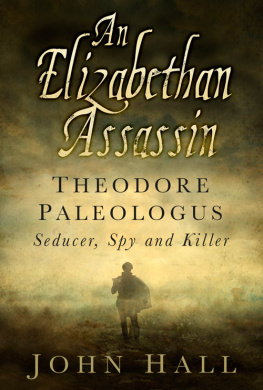
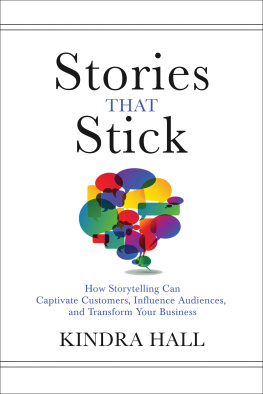

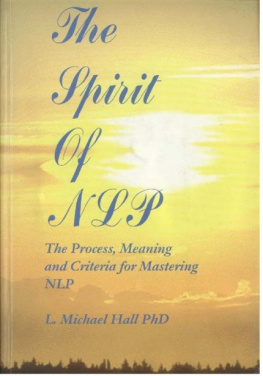
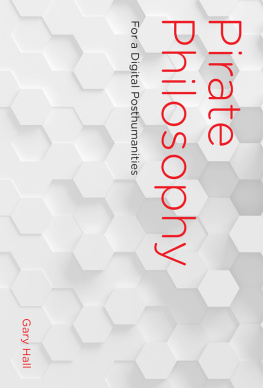
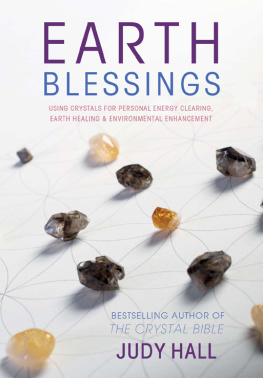

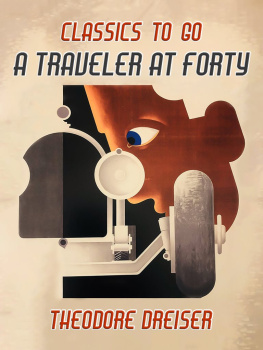
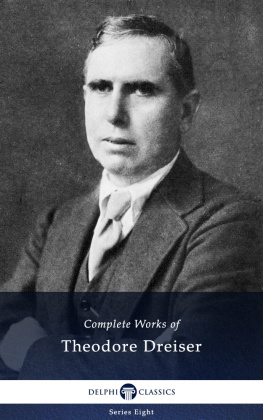
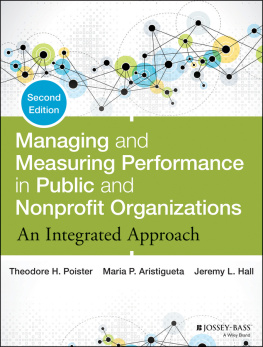
![Theodore Zeldin [Theodore Zeldin] - An Intimate History of Humanity](/uploads/posts/book/142226/thumbs/theodore-zeldin-theodore-zeldin-an-intimate.jpg)
